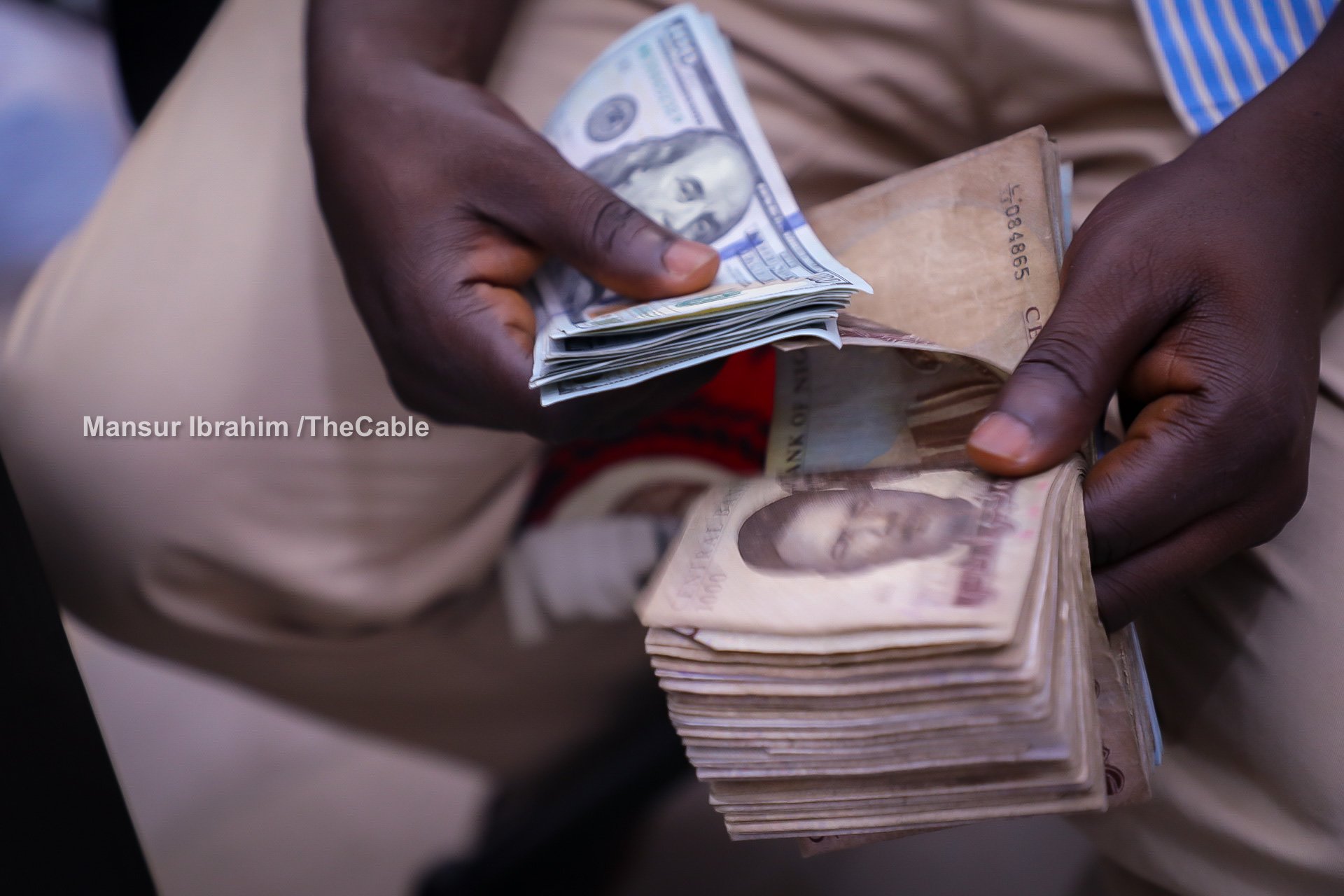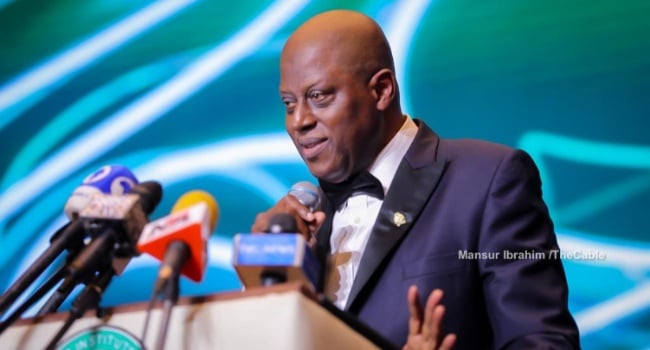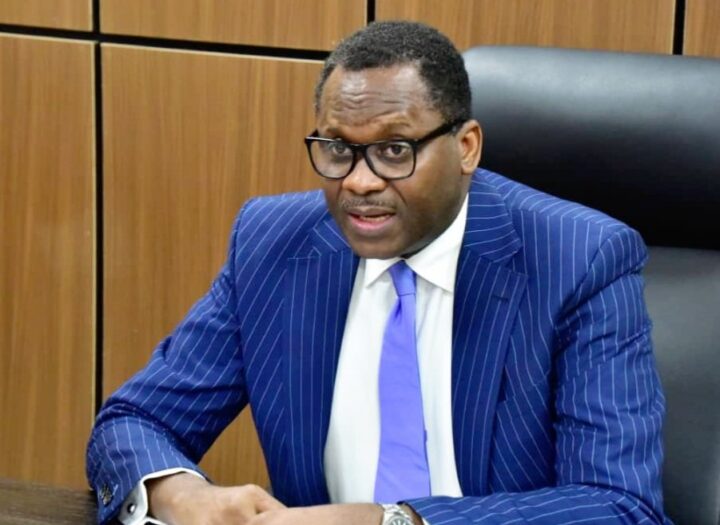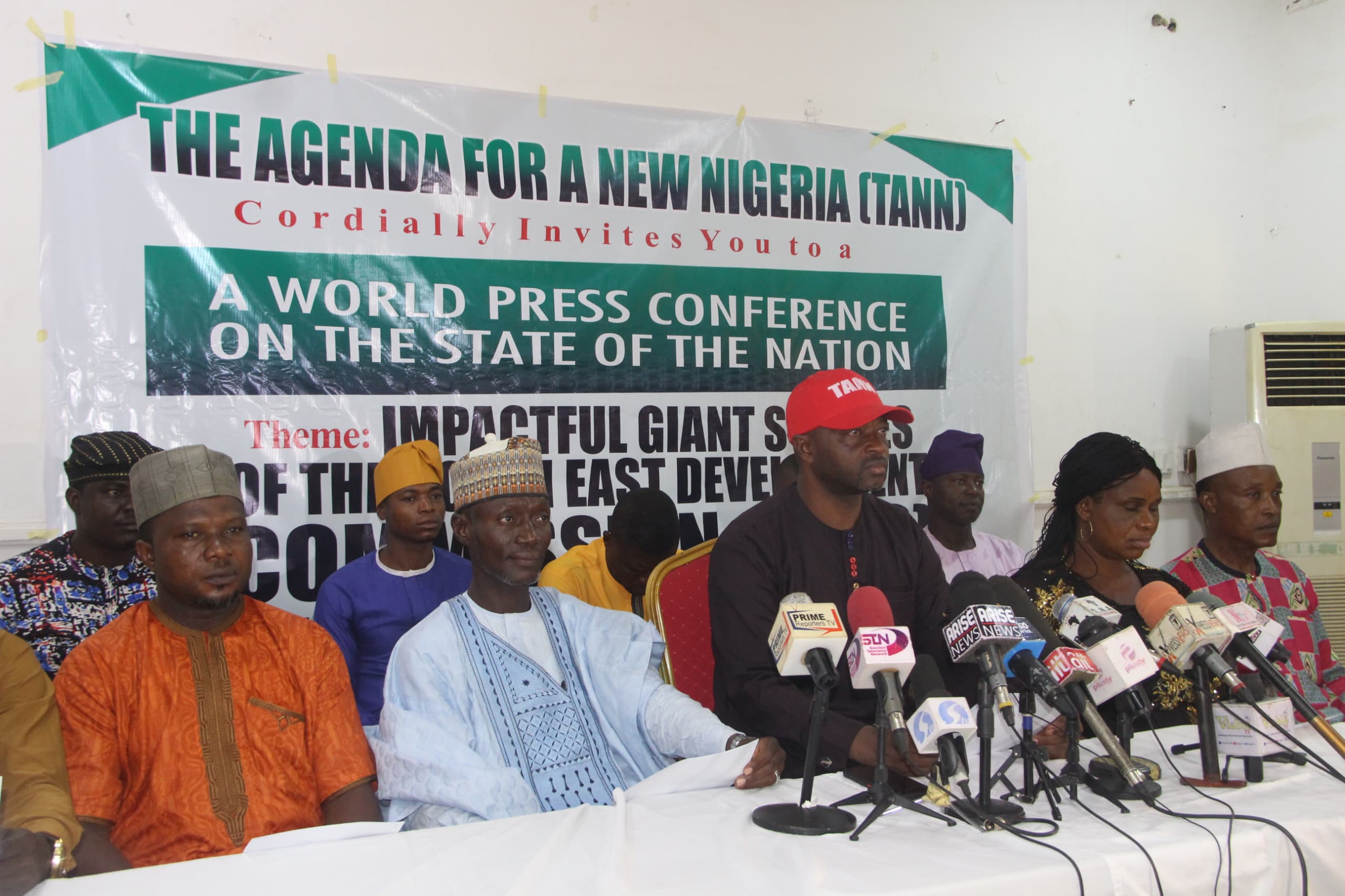Finance expert, Dominic Joshua, has offered different mechanisms for the federal government to adopt in stabilising the Nigerian economy amid naira devaluation.
As Nigeria grapples with soaring exchange rates causing hardship, Joshua provided a detailed blueprint to restore economic parity equilibrium.
The fintech enterprise CEO gave explicit and multifaceted insights to fortify naira against the unyielding US dollar, amid escalating depreciation.
Recall that naira plummeted from N1,482.75 to N1,520.123 within 24 hours sending shockwaves through the financial landscape.
Advertisement
The nosedive where the official exchange rate eclipsed its parallel market counterpart has been attributed to the economic policies under President Bola Tinubu’s administration.
Some economy and financial experts including the masses have faulted these policies which include floating the currency, removing fuel subsidies, and consolidating foreign exchange windows into the Nigerian Autonomous Foreign Exchange Market (NAFEM).
A recent report from PwC revealed a jaw-dropping 98 percent depreciation in the Naira’s value, shedding light on the economic consequences of recent governmental decisions.
Advertisement
Despite efforts to augment foreign exchange liquidity, such as a $3.3 billion emergency loan secured by the Nigerian National Petroleum Company Limited, the Naira’s free fall persists.
Exploration of urgent financial support
In the midst of this economic quagmire, Joshua called for the exploration of urgent financial support. He advocated for an exploration of emergency funds from entities such as Gulf Sovereign Wealth Funds, the International Monetary Fund (IMF), and global banks. These sources could provide crucial support to stabilise the economy during turbulent times.
Enhancing efficiency in onshore oil extraction
Advertisement
He also suggested strategies to optimise onshore oil production for the enhancement of revenue sources. Beyond issuing new licenses, he called for leveraging advanced technologies and global partnerships to extract maximum value from Nigeria’s abundant oil resources.
Rapid non-oil export strategy
The finance guru also emphasised the need for quick and dynamic methods to boost non-oil exports for urgent economic diversification. This includes leveraging technology and innovation to identify and capitalize on untapped export opportunities.
Fiscal tightening
Advertisement
To tackle uncontrolled public spending, Joshua called for stringent fiscal discipline. He said this involves streamlining budgetary allocations and implementing stringent measures to curb wasteful expenditures and ensure efficient resource allocation.
FX policy review
Advertisement
He said a significant evaluation of specific metrics is needed to be incorporated into data-driven adjustments to align the foreign exchange policy with the current economic realities. Joshua disclosed that a thorough reassessment of the flexible FX policy should be considered.
Digital transformation for financial inclusion
Advertisement
Joshua advocated for accelerating digital transformation in financial services to foster financial inclusion. He posited that leveraging fintech innovations can expand access to financial services, promoting economic participation and stability.
Public-Private Partnerships (PPPs)
Advertisement
He called for the encouragement of strategic collaborations between the government and private sector, adding that the Public-Private Partnerships (PPPs) could spur economic growth. According to him, such partnerships can promote infrastructure development, job creation, and overall economic revitalisation.
Joshua stressed that on the part of Nigerians, their efforts to strengthen the naira involve their patronage of local products and companies.
Perplexed by the dismal state of the economy, the National Assembly has summoned Tinubu’s economic team comprising the Governor, Central Bank of Nigeria, Dr Yemi Cardoso; Finance Minister, Wale Edun; Minister of Budget and Economic Planning, Atiku Bagudu and Chairman, Federal Inland Revenue Services, Zacch Adedeji for questions.
This was called following the recent protests by Nigerians in Kano, Niger and Kogi states over rising economic hardship.
Add a comment






